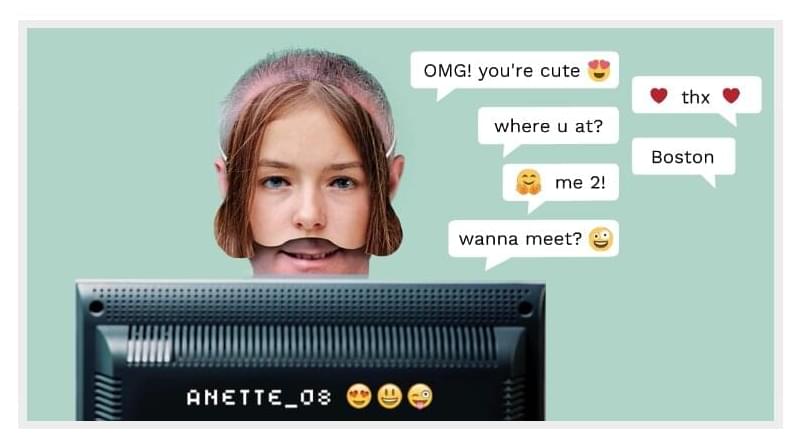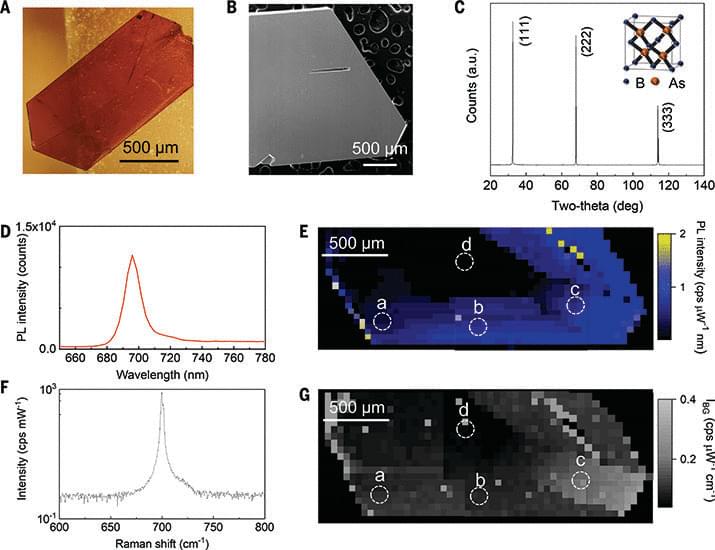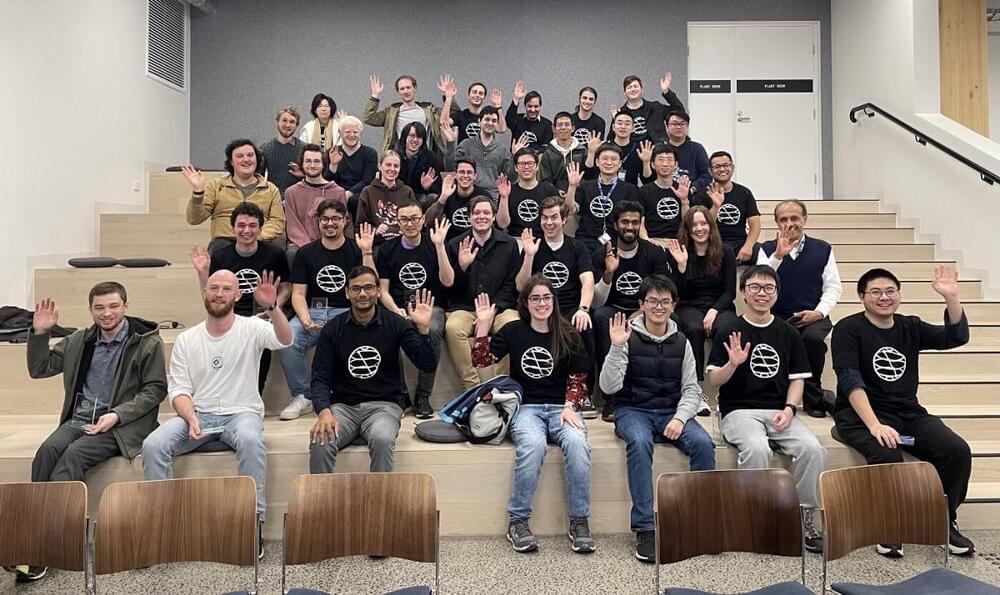Modulating Autophagy To Promote Healthspan — Dr. Ana Maria Cuervo, M.D., Ph.D., Albert Einstein College of Medicine.
Dr. Ana Maria Cuervo, M.D., Ph.D. (https://www.einsteinmed.edu/faculty/8784/ana-maria-cuervo/) is Co-Director of the Einstein Institute for Aging Research, and a member of the Einstein Liver Research Center and Cancer Center. She serves as a Professor in the Department of Developmental & Molecular Biology, and the Department of Medicine (Hepatology), and has the Robert and Renée Belfer Chair for the Study of Neurodegenerative Diseases.
Dr. Cuervo studied medicine and pursued a Ph.D. in biochemistry and molecular biology at the University of Valencia, as well as post-doctoral work at Tufts, and in 2001 she started her laboratory at Einstein, where she studies the role of protein-degradation in aging and age-related disorders, with emphasis in neurodegeneration and metabolic disorders.
Dr. Cuervo’s group is interested in understanding how altered proteins can be eliminated from cells and their components recycled. Her group has linked alterations in lysosomal protein degradation (autophagy) with different neurodegenerative diseases including Parkinson’s, Alzheimer’s and Huntington’s disease. They have also proven that restoration of normal lysosomal function prevents accumulation of damaged proteins with age, demonstrating this way that removal of these toxic products is possible. Her lab has also pioneered studies demonstrating a tight link between autophagy and cellular metabolism. They described how autophagy coordinates glucose and lipid metabolism and how failure of different autophagic pathways with age contribute to important metabolic disorders such as diabetes or obesity.
Dr. Cuervo is considered a leader in the field of protein degradation in relation to biology of aging and has been invited to present her work in numerous national and international institutions, including name lectures as the Robert R. Konh Memorial Lecture, the NIH Director’s, the Roy Walford, the Feodor Lynen, the Margaret Pittman, the IUBMB Award, the David H. Murdock, the Gerry Aurbach, the SEBBM L’Oreal-UNESCO for Women in Science, the C. Ronald Kahn Distinguished Lecture and the Harvey Society Lecture. She has organized and chaired international conferences on protein degradation and on aging, belongs to the editorial board of scientific journals in this topic, and is currently co-editor-in-chief of Aging Cell.






